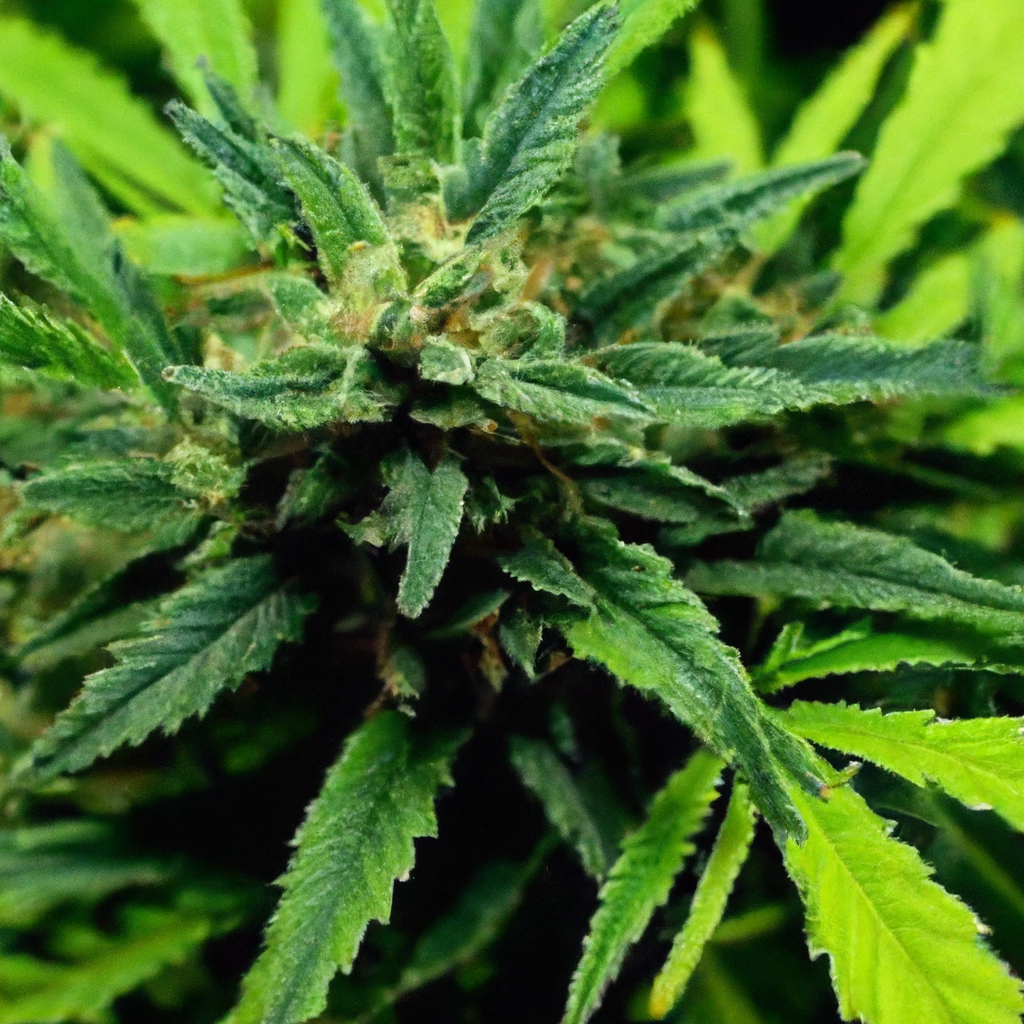Your cart is currently empty!
The world of cannabis cultivation has increasingly leaned towards sustainability and organic methods. Organic cannabis growing not only enhances the quality of the plant but also has numerous environmental benefits. In this article, we’ll explore the best practices for cultivating cannabis organically, focusing on natural fertilizers, effective pest control, and creating a thriving soil ecosystem.
The Power of Natural Fertilizers
One of the cornerstones of organic cannabis cultivation is the use of natural fertilizers. Unlike synthetic options, natural fertilizers are derived from plant and animal matter and help improve soil health. Here are some popular organic fertilizers:
- Compost: A rich source of nutrients, compost is a gardener’s best friend. It improves soil structure, provides essential nutrients to cannabis plants, and aids in water retention.
- Bone Meal: Rich in phosphorus, bone meal encourages root and flower growth. It’s a slow-release fertilizer, providing nutrients over time rather than in one blast.
- Fish Emulsion: This concentrated solution is a potent source of nitrogen, promoting vibrant growth. It’s ideal for the vegetative stage of the cannabis life cycle.
Pest Control That’s Kind to the Environment
Pest control in organic gardening relies on natural methods that don’t harm the environment. Integrated Pest Management (IPM) is a holistic approach that combines different strategies for effective pest control:
- Beneficial Insects: Introducing organisms like ladybugs and predatory mites can drastically reduce pest populations in an eco-friendly way.
- Neem Oil: Derived from neem trees, this oil is a natural pesticide that disrupts the life cycle of pests without harming beneficial insects.
- Companion Planting: Planting basil, marigold, or dill alongside cannabis can naturally repel certain pests, enhancing crop resilience.
Building a Vibrant Soil Ecosystem
Healthy soil is fundamental to organic cannabis cultivation. The aim is to create a self-sustaining ecosystem where plants thrive. Here are methods for enriching your soil:
- More Than Just Dirt: Combine different organic materials to form a nurturing growth medium. Using peat moss or coconut coir can improve aeration and drainage.
- Mulching: Applying a layer of organic material on top of the soil helps retain moisture, regulate temperature, and suppress weeds.
- Crop Rotation: Changing the type of plants grown in your cannabis plot helps replenish the nutrients in the soil, breaking the cycle of potential pests or diseases specific to cannabis.
Benefits Beyond the Plant
The advantages of organic cannabis cultivation extend beyond the superior product. For the environment, it means reduced chemical runoff into water systems and a lower carbon footprint. For consumers, it offers assurance of a product free from synthetic additives, aligning with a health-conscious lifestyle.
Conclusion: Cultivating a Sustainable Future
Organic cannabis cultivation is a journey that rewards growers with high-quality crops and environmental integrity. By embracing natural fertilizers and sustainable practices, you contribute to a cleaner planet and a healthier product offering for consumers.
In your efforts to grow cannabis organically, remember that each decision shapes the future of sustainable agriculture. Together, we can create a greener world, one plant at a time.
Discover more from Magic Clones
Subscribe to get the latest posts sent to your email.


Leave a Reply